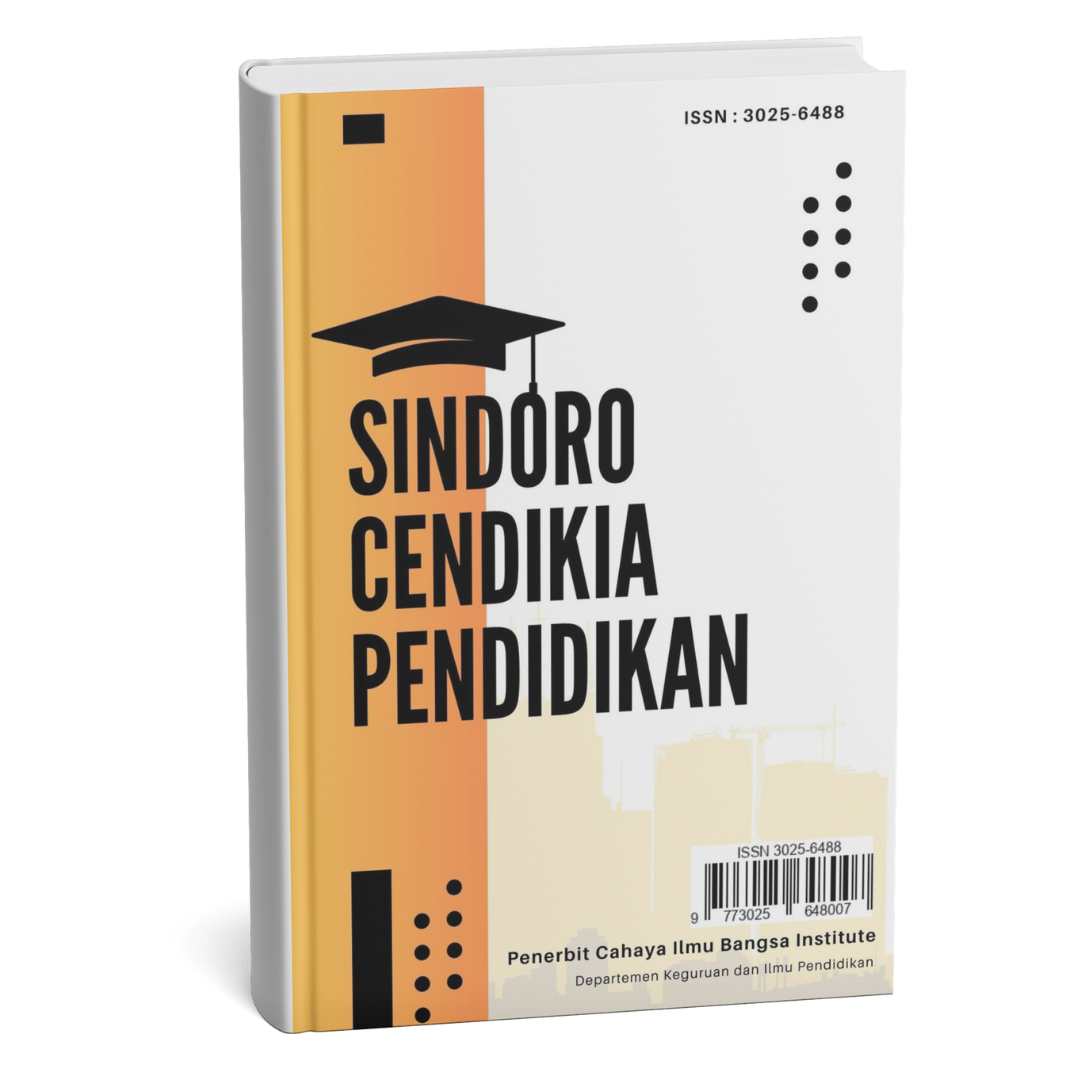PARADIGMA BARU DALAM PEDAGOGIK: MENYONGSONG DEEP LEARNING SEBAGAI PENDEKATAN PEMBELAJARAN DI INDONESIA ABAD KE 21
Main Article Content
Abstract
Transformasi global abad ke-21 menuntut perubahan radikal dalam sistem pendidikan Indonesia agar mampu melahirkan peserta didik yang adaptif, kreatif, dan kompeten. Salah satu pendekatan yang dinilai relevan dengan tuntutan tersebut adalah deep learning, yakni pembelajaran yang mendalam, reflektif, dan bermakna. Penelitian ini menggunakan pendekatan Systematic Literature Review (SLR) dengan kerangka PRISMA untuk menganalisis 35 artikel terpilih tahun 2020–2025 dari berbagai database akademik. Hasil kajian menunjukkan bahwa pendekatan deep learning mampu meningkatkan partisipasi aktif, berpikir kritis, dan motivasi belajar siswa, khususnya di jenjang pendidikan dasar dan menengah. Namun, implementasinya masih terkendala oleh minimnya pelatihan guru, infrastruktur, serta budaya pembelajaran konvensional. Kajian ini menekankan perlunya sinergi antara guru, lembaga pendidikan, pemerintah, dan masyarakat dalam menciptakan ekosistem pembelajaran yang reflektif, kontekstual, dan transformatif
The global transformation of the 21st century demands a radical shift in Indonesia's education system to produce adaptive, creative, and competent learners. One approach considered relevant to these demands is deep learning—a reflective, meaningful, and in-depth learning process. This study employs a Systematic Literature Review (SLR) using the PRISMA framework to analyze 35 selected articles published between 2020 and 2025 from various academic databases. The findings reveal that the deep learning approach enhances students’ active participation, critical thinking, and learning motivation, particularly at the primary and secondary education levels. However, its implementation faces challenges such as limited teacher training, inadequate infrastructure, and the persistence of conventional learning cultures. This review highlights the need for synergy among teachers, educational institutions, the government, and society to create a reflective, contextual, and transformative learning ecosystem
Article Details
Section
This work is licensed under a Creative Commons Attribution-ShareAlike 4.0 International License.
How to Cite
References
Anderson, L. W., & Krathwohl, D. R. (2021). A taxonomy for learning, teaching, and assessing: A revision of Bloom’s taxonomy of educational objectives. New York: Longman.
Hattie, J., & Donoghue, G. (2021). “Learning strategies: A synthesis and conceptual model”. Educational Psychology Review, 33(2), 455–474.
Nugraheni, S., & Prasetyo, R. (2022). “Efektivitas pendekatan deep learning dalam meningkatkan hasil belajar IPA”. Jurnal Pendidikan Sains Indonesia, 11(2), 135–148.
OECD. (2021). 21st Century Skills and Competencies. OECD Publishing.
Rachmawati, D., Sutrisno, H., & Mulyani, A. (2023). “Dampak penggunaan strategi pembelajaran deep learning terhadap kemampuan berpikir kritis siswa”. Jurnal Pendidikan dan Pembelajaran Abad 21, 8(1), 90–102.
Sanjaya, W., & Lestari, T. (2023). “Analisis Metode Pembelajaran Konvensional dalam Proses Belajar Mengajar”. Jurnal Ilmu Pendidikan dan Kebudayaan, 13(1), 67–79.
Snyder, H. (2019). “Literature review as a research methodology: An overview and guidelines”. Journal of Business Research, 104, 333–339.
Trisnawati, S., & Sari, L. M. (2021). “Konsep dan Implementasi Deep Learning dalam Pendidikan”. Jurnal Pendidikan Modern, 12(3), 204–219.
UNESCO. (2021). Reimagining our futures together: A new social contract for education. Paris: UNESCO Publishing

